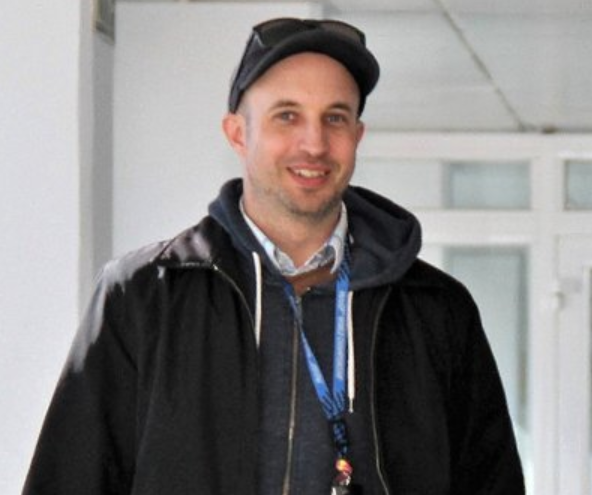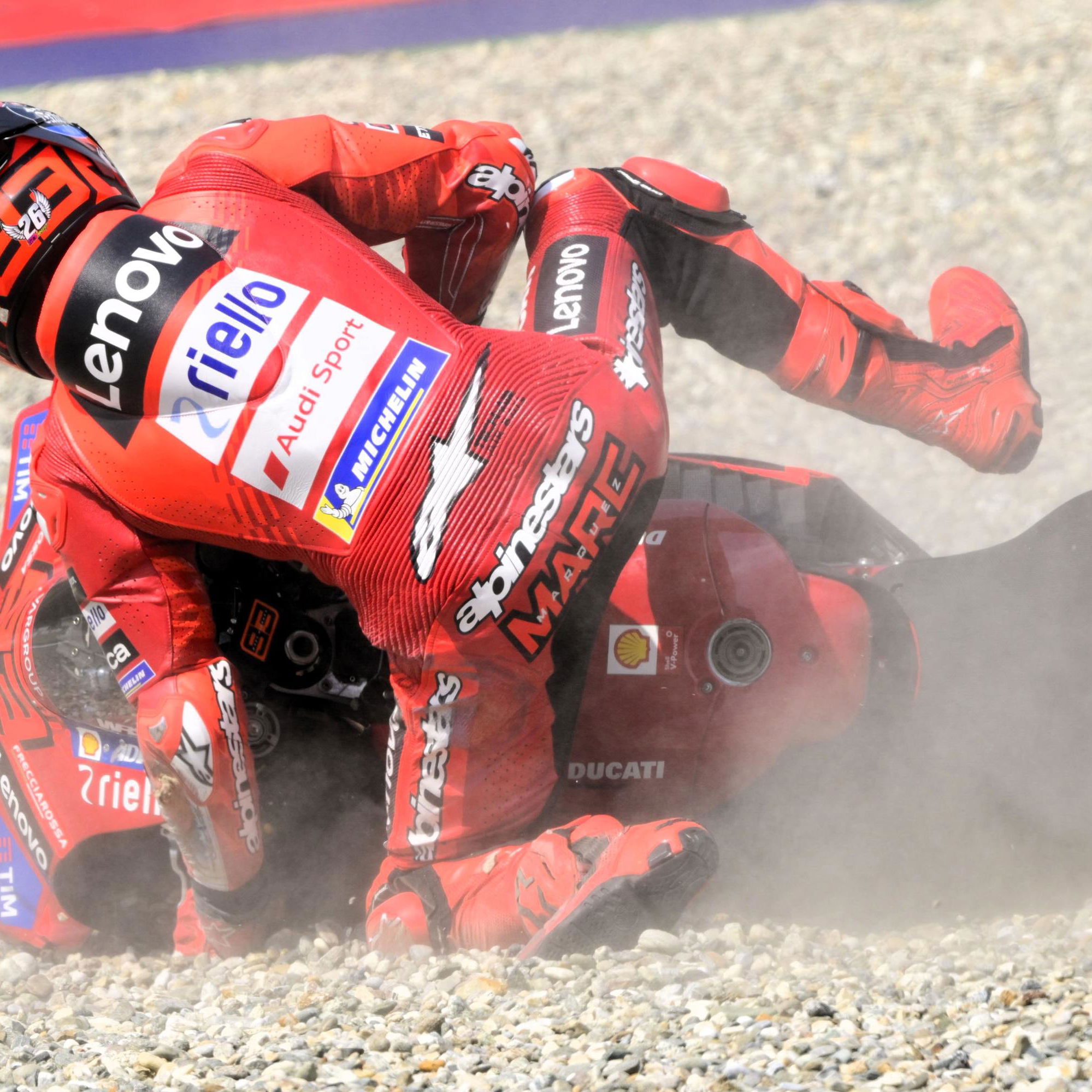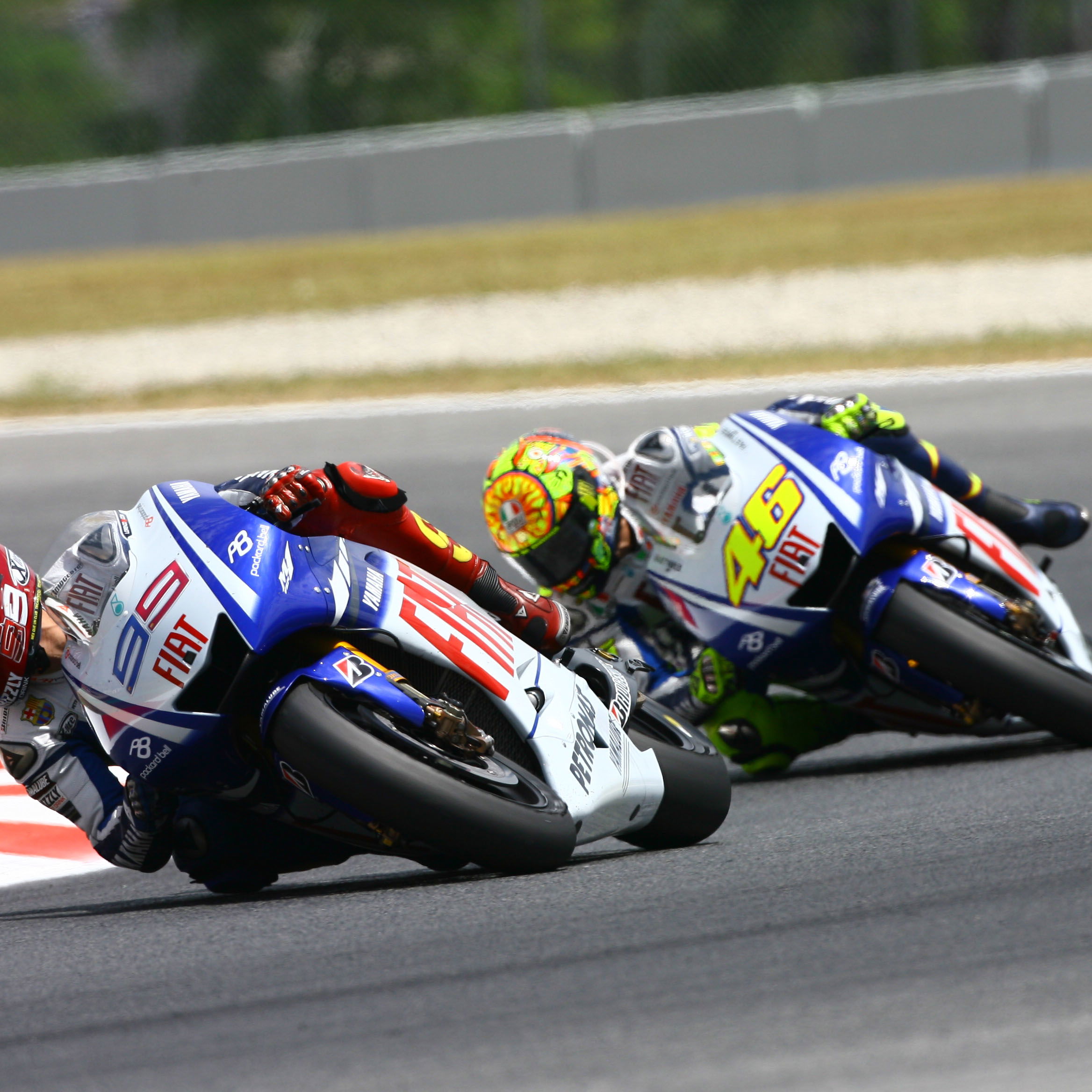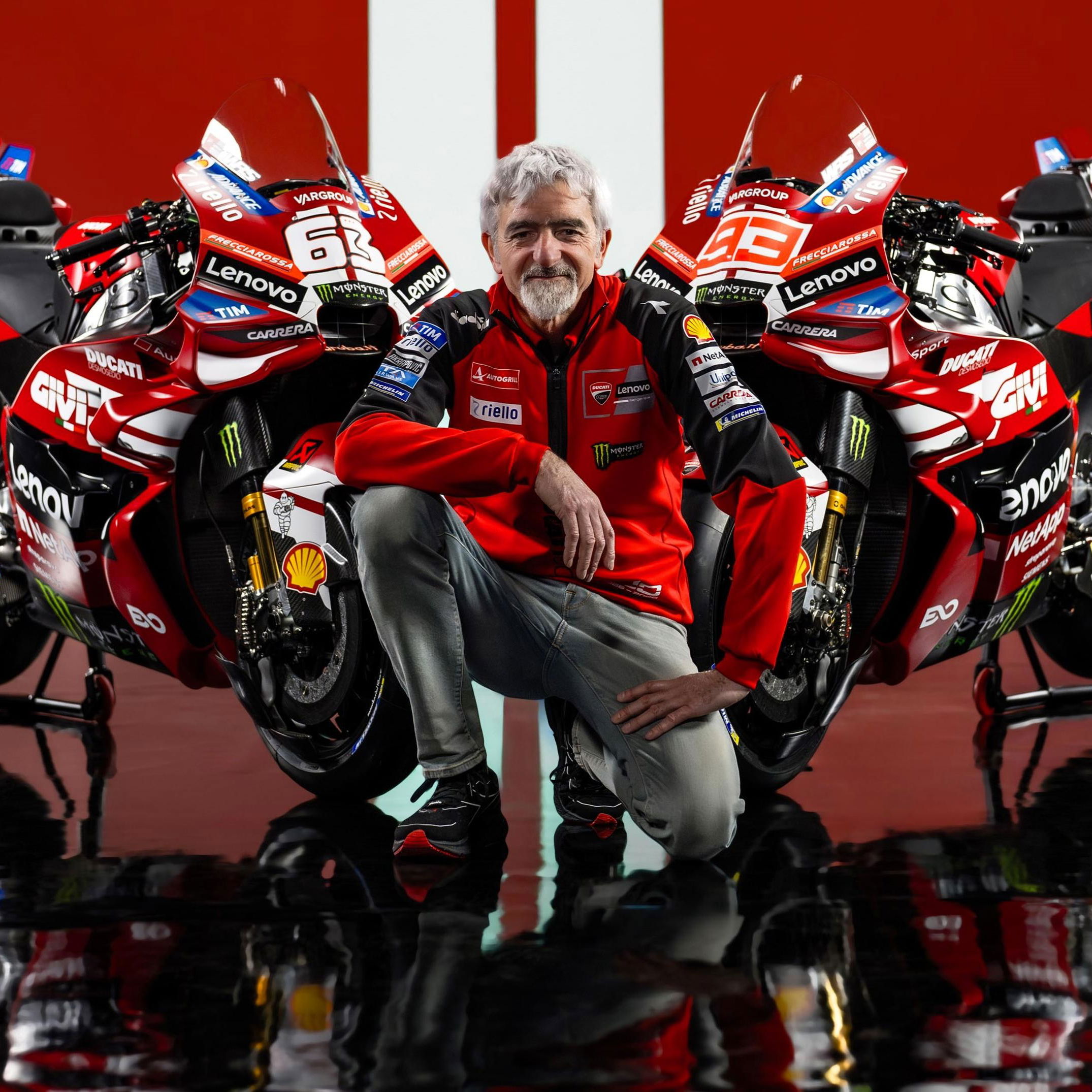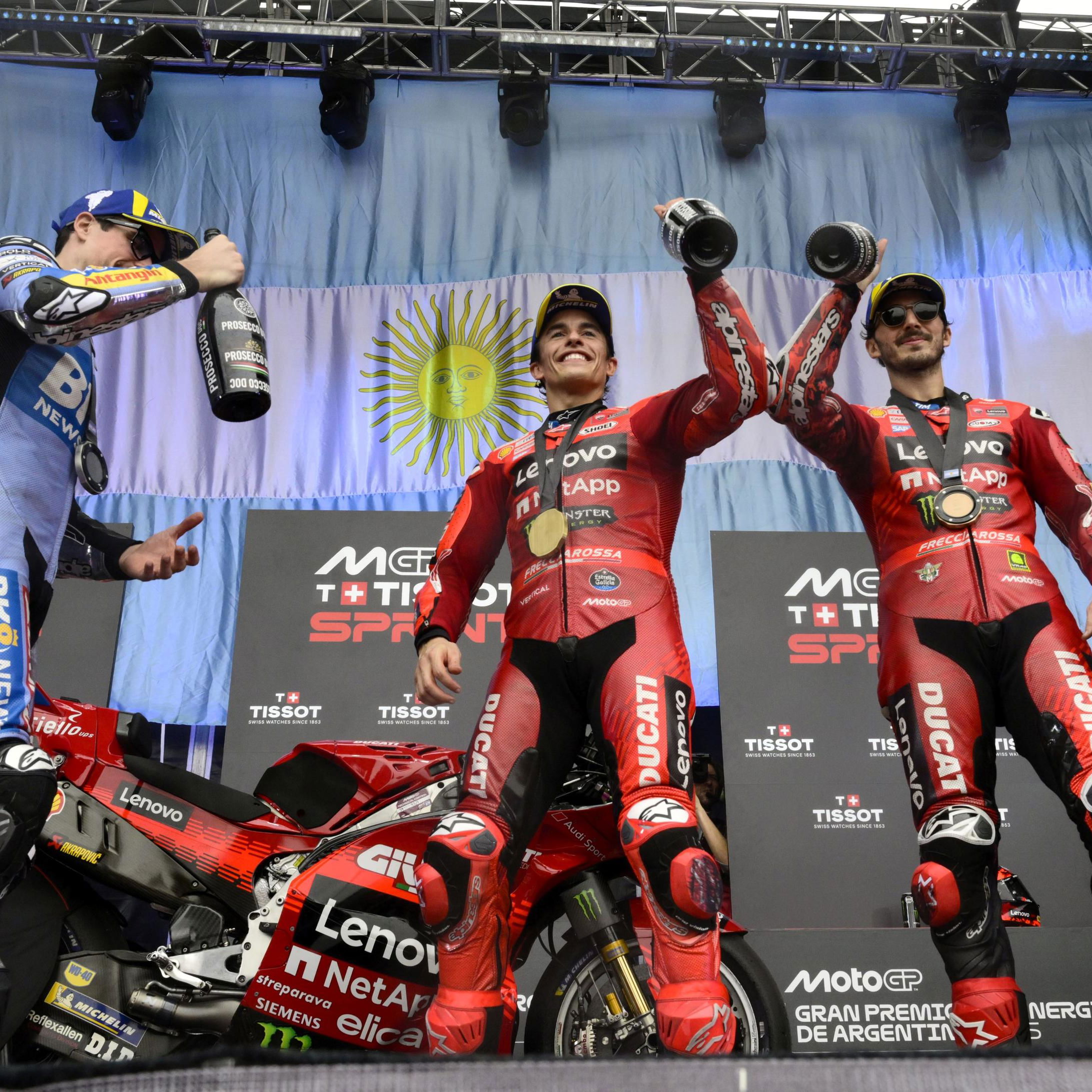Zarco ponders 'possible' similarity with Lorenzo's Ducati MotoGP learning curve
In many ways, the 2020 season was a case of mission accomplished for Johann Zarco, who gave Avintia its first MotoGP pole position and podium (on a year-old GP19), securing his promotion to Pramac and the latest Ducati machinery for 2021.
Zarco's pole and podium came at Brno, where he finished in third place despite a ride-through penalty for tangling with former KTM team-mate Pol Espargaro.

In many ways, the 2020 season was a case of mission accomplished for Johann Zarco, who gave Avintia its first MotoGP pole position and podium (on a year-old GP19), securing his promotion to Pramac and the latest Ducati machinery for 2021.
Zarco's pole and podium came at Brno, where he finished in third place despite a ride-through penalty for tangling with former KTM team-mate Pol Espargaro.
The Frenchman also claimed a front-row start at the second Austrian round despite surgery on a fractured wrist a few days earlier, but had to start from pit lane due to a penalty for the scary incident with Franco Morbidelli.
In total, Zarco took three top-5 finishes for 13th in the world championship. But during the second half of the season, there were several other rounds where he set a competitive pace in the opening half of the race, only to drop back later on.
Zarco also qualified an impressive average of fifth over the last four events, further underlining his raw speed on the Ducati.
A smooth former Yamaha MotoGP rider showing bursts of speed in his first season at Ducati, but not yet able to hold his pace over a full race distance - partly due to preferring softer tyres than his rivals - presents a similar pattern to Jorge Lorenzo's evolution on the bike.
The triple MotoGP champion was fast in many races during his debut year at Ducati, only to fade. But when everything suddenly clicked into place in year two, he was able to maintain his speed and won multiple races.
Does Zarco see a similarity with Lorenzo's learning curve?
"That's possible. It's true that when Jorge began to have a good feeling [on the Ducati] he was starting well and then dropping back, and I have almost the same thing," Zarco said.
"And looking at Miller from the end of [2019] he has been so strong, he could be fast in practice, but also finish well at the end of the races and he did the same in the last two races [of 2020].
"So, I know it's possible [to keep the pace]. But I also know there are maybe things to change about my riding style, but I'll also say that there are things very positive in my riding style that I want to keep. It’s finding a better way to match well with the bike."
"It's not only [about choosing the softer] tyre," he added. "I think we have to do better work to find some better set-up with suspension to manage well how to use the tyres. I think it's a combo between my style and the bike that is still not matching perfectly.
"But this combo is coming because at least we can see every practice I'm staying very competitive. So it means we are on the good way, but still not enough to really have the satisfaction in the races.
"So for all these reasons I can be happy… Just not having the potential to stay in the top five is the only pity."
Prior to Zarco's Brno podium, Avintia's best MotoGP result was fourth place by Loris Baz at the wet 2016 Czech Republic race and Hector Barbera in the wet 2016 Malaysian round. Barbera also took fifth places in the dry.
Zarco and new Pramac team-mate Jorge Martin will have the same spec machinery as Factory Team riders Jack Miller and Francesco Bagnaia this season, while the new Avintia line-up of Enea Bastianini and Luca Marini will continue with the GP19s.
30-year-old Zarco, who is spending part of his winter training on a Panigale V4S road bike, will make his Pramac debut at the start of the Qatar test in early March.

